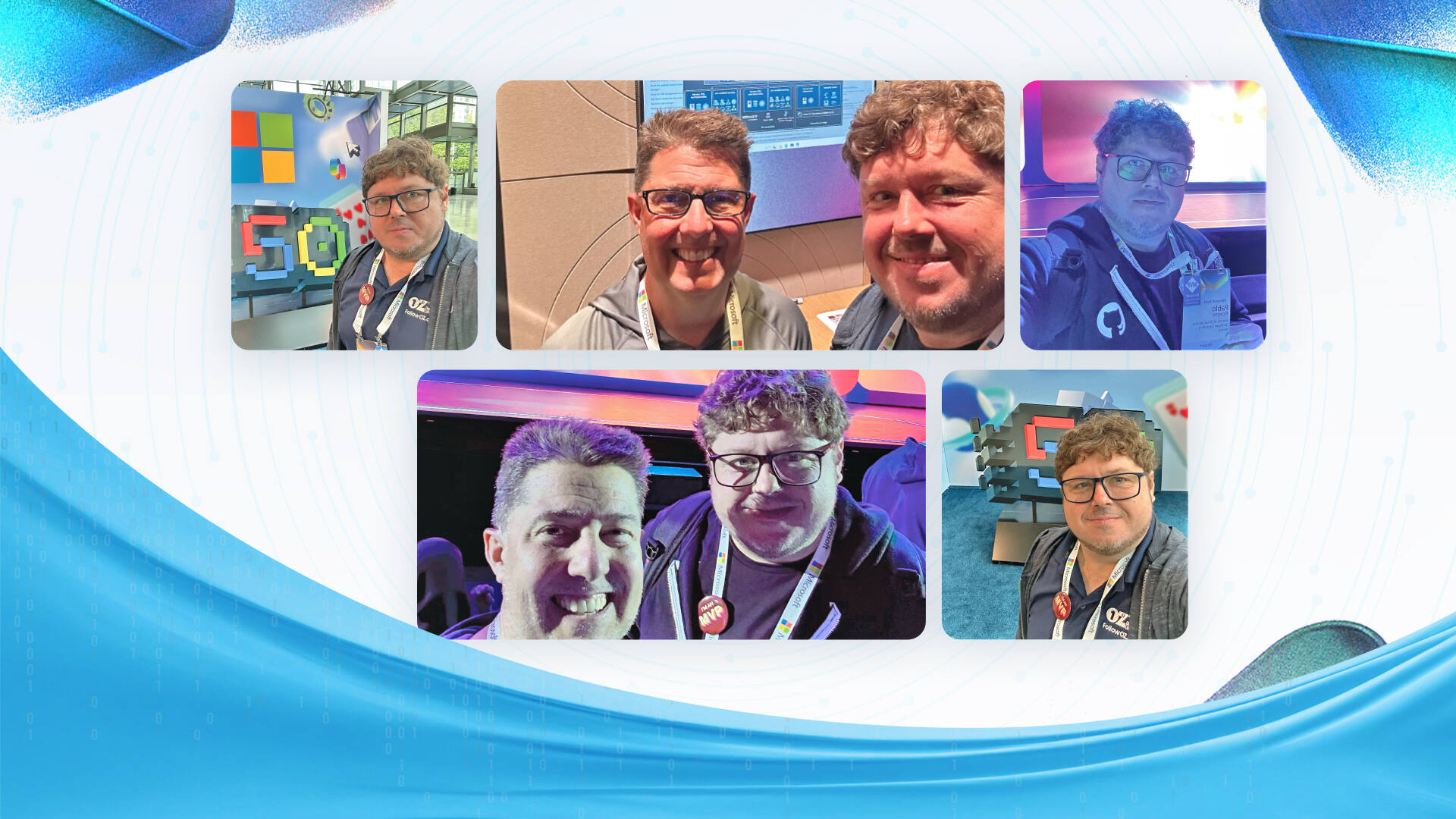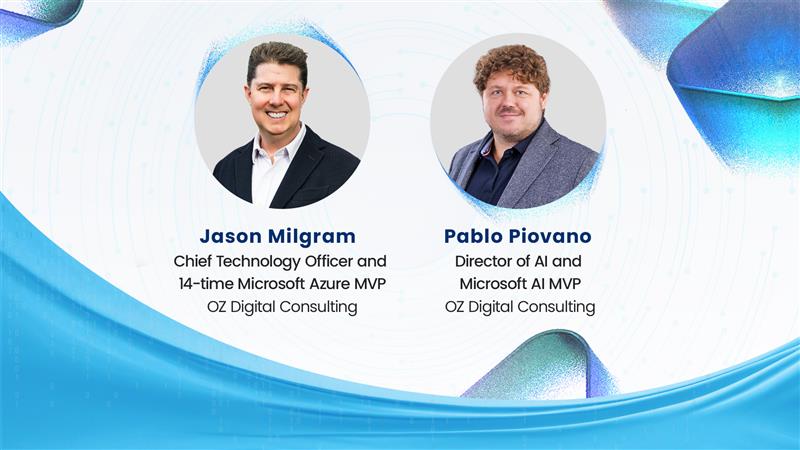If 2023 was the year of Generative AI (Gen AI), then 2025 is undoubtedly the year of AI agents. AI agents are the buzzword of the moment—and with good reason. These AI agents are shaking things up in the world of automation with their ability to be truly independent. Until now, the story of automation has been one of “rules” founded on structure and predictability. From Robotic Process Automation (RPA) to Intelligent Document Processing (IDP), automation has always embraced linearity. Historically, traditional automation has struggled with inconsistencies—data inaccuracies, unstructured data, vague formats, data quality, and so on. If information didn’t arrive in a structured way, your IT teams would have to step in, clean the data up, and manually reformat files.
But that’s about to change.
Automation is evolving from “rules” to “reasoning” with the rise of AI agents.
[Read the e-book: Beyond the Bot: How AI Is Ushering In the Next Wave of Automation]
Automation in the Age of AI and Agents
AI agents are not just smart; they’re highly independent. And they’re more than just your average fancy chatbot.
What makes them unique is that they’re built around pre-defined goals and not process steps. That means they work towards an assigned goal using all of the capabilities and information available to them, including perceptions from their environment. They’re constantly adapting and learning and basing decisions off this knowledge to achieve that goal—continuously storing all of their plans and experiences to improve as they go along.
AI agents excel where automation flounders: in a sea of ambiguity. They can take on tasks where data is constantly changing. Instead of relying on humans to manually structure every input, AI agents can take a high-level goal and figure out the best way to process messy, incomplete, or inconsistent data.
Unlike software programs that depend on fixed programmed rules, AI agents understand and interact with their circumstances, making them ideal for complex, unpredictable tasks. Even though they’re not 100% accurate, they can detect their mistakes and course correct as they go along.
It’s immensely valuable in industries that process vast amounts of information. Take Insurance Brokers, for example, that process large volumes of worker compensation claims. Structured claims—clean digital submissions with standardized fields—are easily handled by RPA. But plenty of others arrive in messier formats, like handwritten physician notes or incomplete forms. Typically, employees sift through thousands of pages of attorney and medical notes before claims are processed, leading to frustrating delays for customers and higher costs for the company. But AI agents can help complete the task, which previously took weeks, in minutes.
AI agents handle this variability automatically. They extract key details, cross-check them against compliance requirements, and escalate only the most complex cases to human teams.
An agent takes the power of generative AI a step further because instead of just assisting you, it works with you or even on your behalf.
For example, you could create an agent to learn everything about your company’s product catalog and draft detailed responses to customer queries or automatically compile product details for an upcoming presentation.
These AI agents can handle customer support, manage workflows, automate processes, fulfill sales orders, and even predict problems before they happen. Having agents handle some of these routine needs can boost productivity across industries, from manufacturing and research to travel & hospitality and retail, helping businesses save time and money.
The possibilities are endless…
So, if AI agents are what they’re made out to be, is there anything agents cannot do? As with any technology, AI agents are not without limitations. They include:
Bias and interpretability
Most AI models rely on training data that can sometimes be inherently biased. At the same time, AI models are hard to predict, making it challenging to identify and mitigate bias.
AI ethics
Privacy, fairness, accountability, and potential misuse—subsets of responsible AI —apply to all AI technologies. Agents are no exception. The rapid advancement of AI technology raises important questions about regulatory frameworks, legal implications, accountability, and compliance.
Contextual understanding
AI agents sometimes struggle to understand context due to inherent AI challenges with reasoning.
Keeping Humans in the Loop
Though agents operate with a certain level of autonomy, it doesn’t mean they should run unchecked.
Pairing AI agents with RPA bots is one of the best ways to maintain control. While agents adapt and make context-driven decisions, RPA bots follow strict, rules-based logic—creating a balance between flexibility and predictability. When agents work with both people and robots, they do exactly what your users and customers need.
When AI agents are introduced on top of an existing automation infrastructure, they don’t feel disruptive. Instead, they become a natural extension of what businesses are already doing—enhancing workflows without overhauling them. But laying the groundwork is just the first step. To unlock the full potential of agentic automation, enterprises need a way to build, deploy, and manage AI agents at scale.
Microsoft AI Agents in Action
As AI agents continue to evolve, many big players such as Microsoft, are embracing this “agentic moment.” They’ve already begun to develop sophisticated AI agents and platforms.
- Microsoft OpenAI recently announced o1 series, which brings more advanced reasoning capabilities to agents, allowing them to take on more complicated tasks by breaking them down into steps—like getting the information someone on an IT help desk would need to solve a problem—factoring in solutions they’ve tried, and coming up with a plan.
- The OpenAI Assistants API lets developers create AI agents to run OpenAI models, access multiple tools (such as web search or the code interpreter), access files, and talk to other assistants.
During a recent Microsoft Ignite event, Jared Spataro, Microsoft Vice President for AI at Work, reflected on this paradigm shift during his keynote address. He says, “Agents are the new apps for an AI-powered world. Every organization will have a constellation of agents, ranging from simple prompt-and-response to fully autonomous.”
“Agents will be able to do things like tell me what time I should be leaving for work based on traffic, helping me navigate which way to go, helping me to find parking, and helping me set up my day so I know what’s most important to work on,” says Amy Rosencranz, a Principal Program Manager also working on agents at Microsoft Digital.
Excited About Bringing Agents to Life?
Agents will get more helpful as they gain more autonomy through innovations in memory and entitlements. Organizations that integrate them into their planning processes and workflows will gain a competitive edge. We’re excited about the enormous advantages they’ll bring businesses looking to become more efficient. If you need help building a roadmap or deploying custom AI agents, contact us today.




